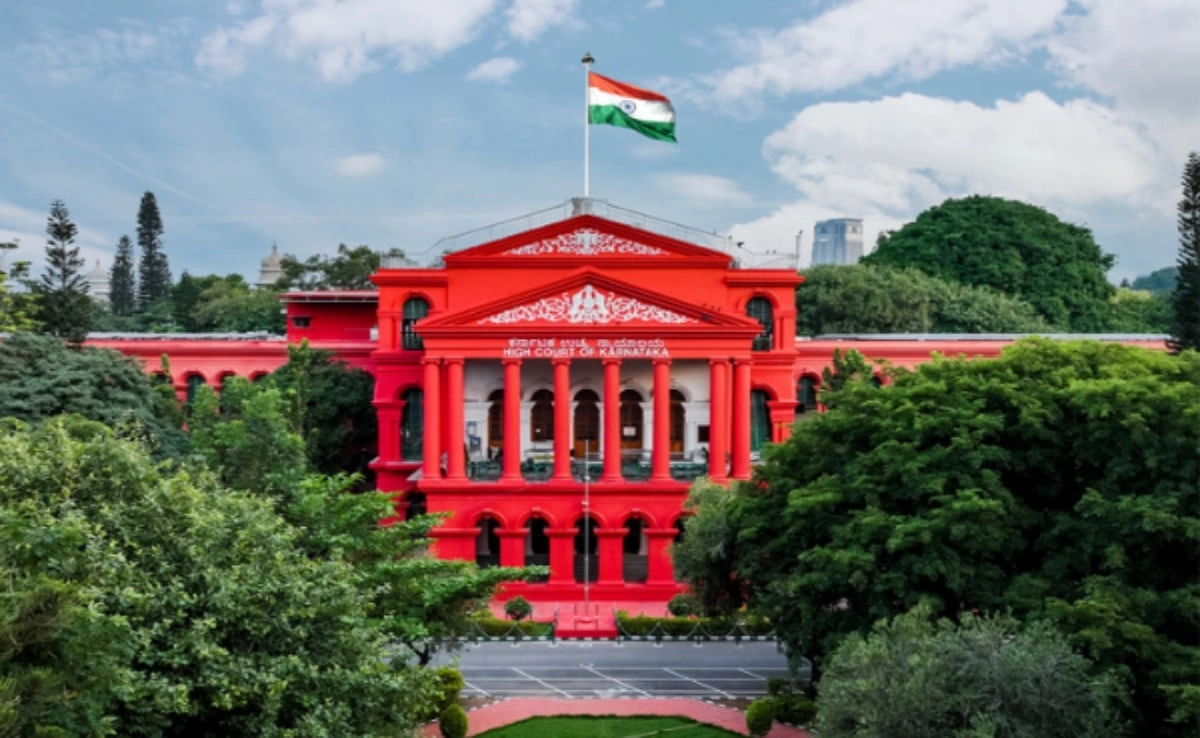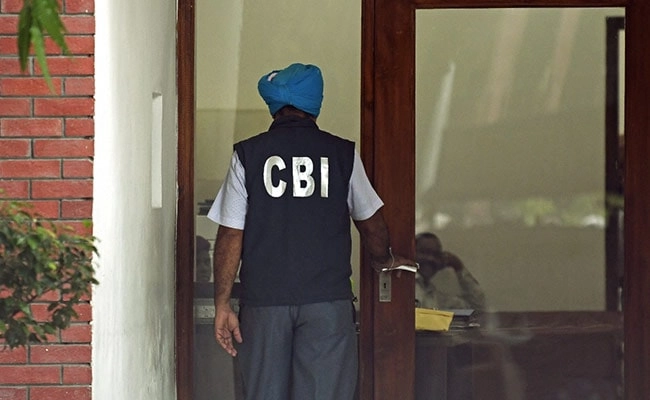The Karnataka High Court recently made headlines by denying bail to a man accused of rape, a decision that has sparked significant public interest and debate. The court’s ruling was steeped in references to ancient texts and modern philosophical principles, most notably the Manusmriti and the teachings of Mahatma Gandhi. By invoking these foundational cultural and ethical texts, the court aimed to underscore the seriousness of the allegations and the moral implications surrounding them. The Manusmriti, an ancient Indian legal text, has often been a subject of scrutiny for its gender perspectives, yet in this context, it was cited to emphasize the societal responsibility to protect the dignity and safety of women.
In its judgment, the court articulated a strong stance against sexual violence, reflecting a broader societal consensus on the need for stringent measures to combat such offenses. The reference to Mahatma Gandhi further reinforced the court’s position, as Gandhi’s ideals often promote justice, truth, and the protection of the vulnerable. By aligning the legal decision with these philosophical underpinnings, the court not only addressed the immediate case but also sent a broader message about societal values and the legal system’s role in upholding them. The implications of this ruling extend beyond the individual case, as it may influence how similar cases are approached in the future, potentially steering public discourse towards a more profound examination of women’s rights and safety.
Moreover, the denial of bail serves as a critical reminder of the complexities involved in legal proceedings related to sexual offenses. The court’s decision reflects a commitment to ensuring that the judicial process takes into account the gravity of the allegations while balancing the rights of the accused. In an era where discussions around consent, sexual violence, and justice are prevalent, the ruling highlights the necessity for a legal framework that not only punishes offenders but also supports victims. This case, emblematic of the ongoing struggle for gender justice, reinforces the importance of a judicial system that is responsive to the evolving societal norms surrounding these issues.
As this case progresses, it will be vital to observe how it influences public perception and legal practices in India. The Karnataka High Court’s decision might serve as a precedent for future cases, emphasizing the judiciary’s role in promoting a culture of accountability. It raises important questions about the intersection of law, morality, and gender dynamics in contemporary society. Ultimately, this ruling could contribute to a larger movement advocating for stronger protections against sexual violence and a re-evaluation of societal attitudes towards women. In doing so, it highlights the ongoing need for legal systems to adapt and respond to the challenges posed by such serious offenses, ensuring that justice prevails for victims while maintaining a fair judicial process for all.




